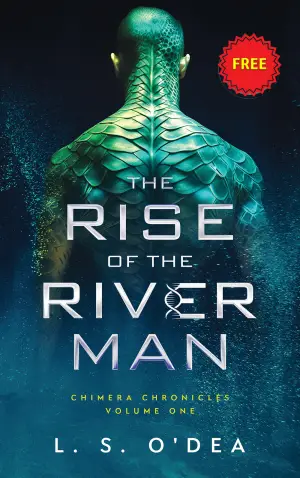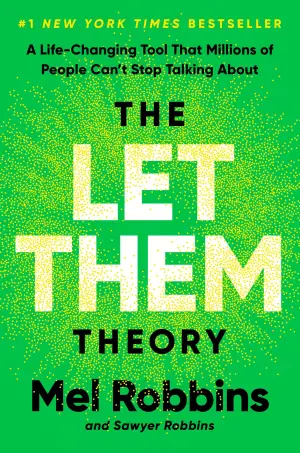Luminous: A Radiant Exploration of Humanity and AI
When I first laid eyes on "Luminous" by Silvia Park, it was the striking cover—a mosaic tiger shimmering in vibrant colors—that drew me in like a moth to a flame. The visuals hinted at a deeper story, one bubbling with complexity and richness, and I was eager to dive in. Little did I know that this book would resonate with me so profoundly, igniting reflections on the profound ethical questions surrounding robots and AI in our world today.
From the outset, "Luminous" plunges you into an exploration of themes that straddle the line between reality and ethics. Central to the story are characters grappling with their very existence—especially when AI begins to blur the lines of what it means to be sentient. A quote that struck me early on was, “Which was more deadly, real or not real? The real knew no restraint.” This echoes throughout the narrative, compelling readers to confront the implications of our technological advances.
The protagonist’s journey is both captivating and relatable, showcasing a struggle between aspiration and the burdens of dependence. One poignant passage resonated with me: "For she was beloved." It serves as a powerful reminder of how loving relationships shape our identities, especially in a society that often views disabled individuals through a distorted lens of value. Park doesn’t shy away from challenging social issues, and I found myself nodding along as the protagonist mused on her own existence, contemplating the implications of her mechanical braces—so much more than mere apparatuses, they symbolize the essence of human connection and care.
Amidst the profound ethical questions, I found moments of levity and humor that kept the narrative engaging. The protagonist’s cat, whimsically named Smaug, and the comparison of a well-meaning friend to “an eco-flush toilet” are testaments to Park’s skillful balance between serious commentary and lightheartedness. These vibrant moments offered a delightful contrast to the heavy topics of AI ethics that were at play.
While I adored much of the writing, I found certain stylistic choices were sometimes challenging. At points, the prose became dense, making me pause to digest sentences that felt rather convoluted. For instance, the sentence about autumn skies—a beautifully crafted image—added layers of meaning but could distract from the unfolding story. Yet, this peculiarity didn’t detract from my overall enjoyment; rather, it invited me to be more present and engaged with the text.
As I reached the concluding pages, I was left with an earnest desire to revisit the book—a testament to its depth. "Luminous" has a way of pulling you back, ensuring that its intricate themes linger in your consciousness long after you’ve turned the last page.
In sum, if you’re someone who relishes sci-fi narratives that delve into the heart of what it means to be human in a technologically advanced landscape, you won’t want to miss "Luminous." Its blend of vibrant storytelling and thoughtful critique makes it a captivating read. Whether you’re drawn to stories featuring strong female characters or are curious about the implications of AI on society, you’ll find something extraordinary within these pages.
Thank you, Silvia Park, for this enlightening journey. For anyone interested in the intersections of humanity and technology, I wholeheartedly recommend giving "Luminous" a read!













